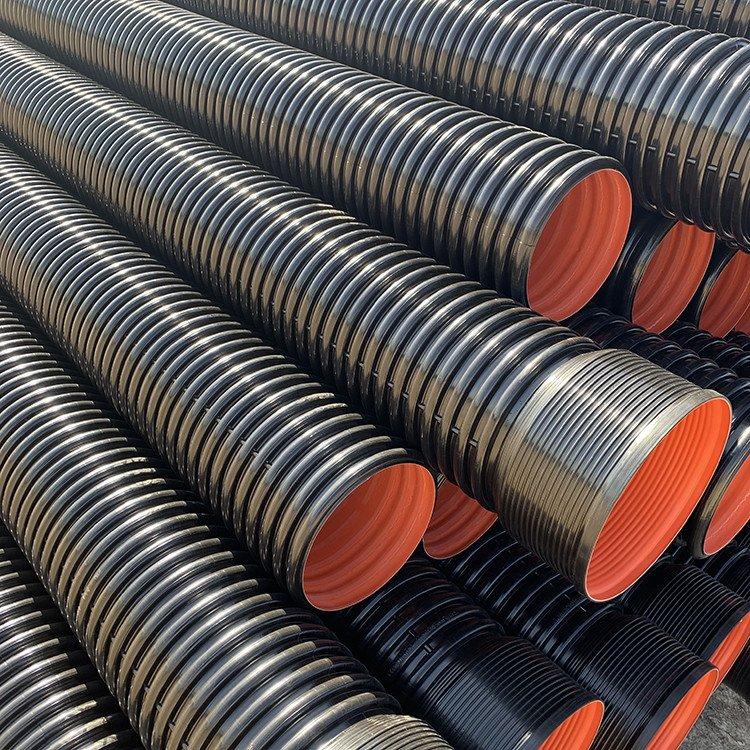Nov . 07, 2024 21:10 Back to list
High-Density Polyethylene Pipes for Efficient Irrigation Systems Production
The Role of HDPE Pipe in Modern Irrigation Systems
In the realm of agriculture, efficient water management is crucial for maximizing crop yields and conserving resources. One pivotal component of contemporary irrigation systems is the High-Density Polyethylene (HDPE) pipe. This innovative solution has revolutionized the way farmers approach irrigation, offering durability, versatility, and cost-effectiveness. In this article, we will explore the significance, benefits, and applications of HDPE pipes in irrigation, as well as their implementation in factory settings.
What is HDPE Pipe?
High-Density Polyethylene (HDPE) is a thermoplastic polymer made from petroleum. It is known for its high strength-to-density ratio and is widely used in various applications, including pipelines, containers, geomembranes, and agricultural irrigation. HDPE pipes are manufactured through an extrusion process, resulting in lightweight, flexible, and robust piping systems that can withstand various environmental conditions.
Key Benefits of HDPE Pipes for Irrigation
1. Durability and Longevity HDPE pipes are resistant to corrosion, chemicals, and UV radiation, making them a long-lasting option for irrigation systems. Unlike traditional metal or concrete pipes, HDPE does not rust, break down, or leak, significantly reducing maintenance costs and downtime.
2. Ease of Installation The lightweight nature of HDPE pipes facilitates easier handling and installation compared to heavier materials. This characteristic is especially beneficial for farmers who may operate without heavy machinery. Moreover, the flexibility of HDPE allows for installation in challenging terrains without requiring extensive excavation.
3. Cost-Effectiveness Although the initial investment in HDPE piping can be higher than other materials, the long-term savings through reduced maintenance, labor costs, and water loss make it a financially wise choice. Additionally, its durability ensures that farmers will not frequently need to replace or repair the system.
4. Efficiency HDPE pipes enable efficient water delivery systems due to their smooth interior surfaces, which reduce friction and promote optimal flow rates. This leads to improved irrigation efficiency, allowing farmers to deliver water precisely where it is needed, ultimately enhancing crop productivity.
5. Environmental Impact With increasing concerns about sustainable agriculture, HDPE pipes contribute positively to eco-friendly practices. Their longevity reduces waste generation, and their recyclability promotes the conservation of resources. Furthermore, efficient water usage helped by HDPE pipes can lead to reduced water consumption and improved water quality.
hdpe pipe for irrigation factory

Applications of HDPE Pipes in Irrigation
The versatility of HDPE pipes makes them suitable for various irrigation applications
- Drip Irrigation HDPE pipes are commonly used in drip irrigation systems, which deliver water directly to the plant's roots. This method reduces water wastage and ensures crops receive the necessary moisture, particularly in arid regions.
- Sprinkler Systems HDPE pipes can also support sprinkler irrigation systems, providing uniform water distribution over larger areas. The flexible nature of HDPE allows for easy routing around fields and obstacles.
- Subsurface Irrigation HDPE pipes can be buried underground to provide subsurface irrigation, a technique that minimizes evaporation and ensures the efficient use of water. This is particularly useful in sandy soils where evaporation rates are high.
Implementing HDPE Pipe in Factories
The manufacturing process of HDPE pipes involves several steps, including plastic extrusion, cooling, cutting, and quality control. Factories specializing in HDPE pipe production must adhere to stringent industry standards to ensure their products meet specific agricultural needs. Advanced manufacturing technologies and rigorous quality checks guarantee that the pipes are durable, leak-proof, and capable of withstanding pressure.
In addition, many factories offer customized solutions to meet the unique irrigation requirements of farmers. By collaborating closely with agricultural experts, manufacturers can create tailored pipe systems that address local conditions, crop types, and water availability.
Conclusion
In summary, HDPE pipes represent a cornerstone of modern irrigation systems, offering numerous advantages such as durability, ease of installation, cost-effectiveness, and environmental sustainability. As agriculture continues to evolve and face the challenges of resource management, the adoption of HDPE piping technology stands out as a pivotal development in enhancing irrigation efficiency. By investing in HDPE pipes, farmers can ensure a more sustainable, productive future in agriculture, contributing not only to their crops but also to the preservation of vital water resources.
-
High-Quality PVC Borehole Pipes Durable & Versatile Pipe Solutions
NewsJul.08,2025
-
High-Quality PVC Perforated Pipes for Efficient Drainage Leading Manufacturers & Factories
NewsJul.08,2025
-
High-Quality PVC Borehole Pipes Durable Pipe Solutions by Leading Manufacturer
NewsJul.08,2025
-
High-Quality PVC Borehole Pipes Reliable PVC Pipe Manufacturer Solutions
NewsJul.07,2025
-
High-Quality UPVC Drain Pipes Durable HDPE & Drain Pipe Solutions
NewsJul.07,2025
-
High-Quality Conduit Pipes & HDPE Conduit Fittings Manufacturer Reliable Factory Supply
NewsJul.06,2025

